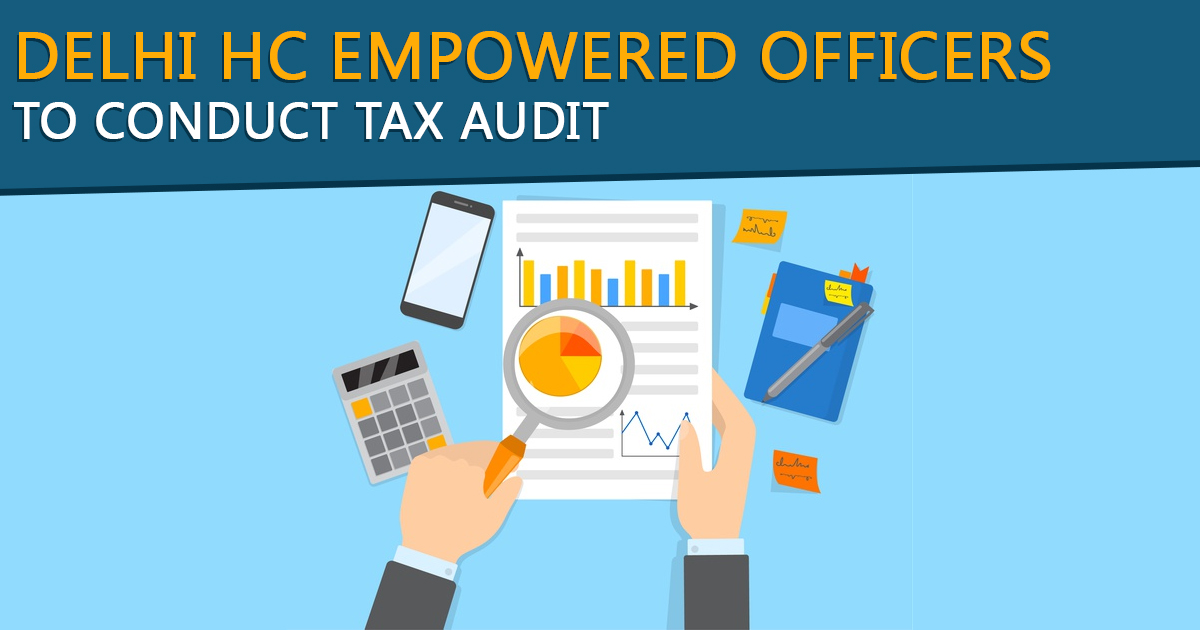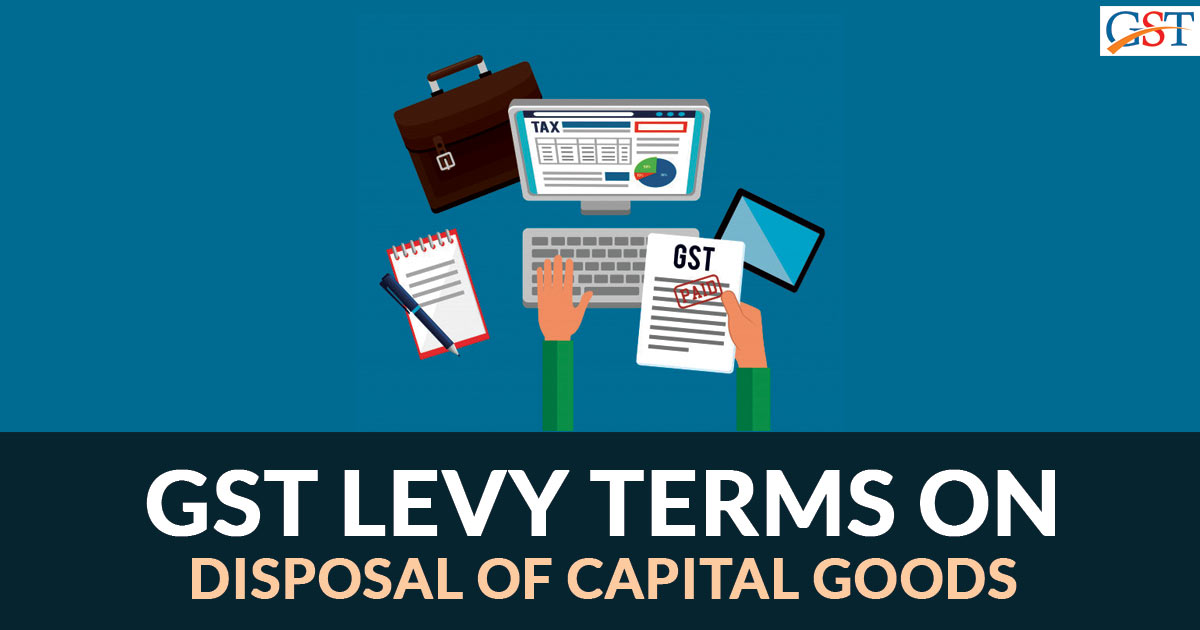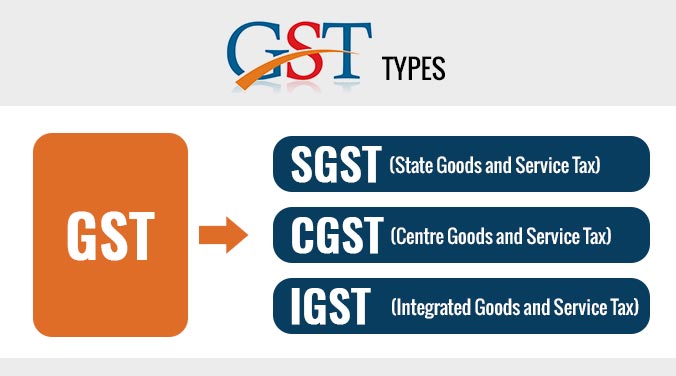Under Section 174(2)(e) of the CGST Act, 2017 Delhi high court ruled to overpower the authorities to institute any investigation verification, assessment proceedings, adjudication, inquiry, etc. beneath Rule 5A of the Service Tax Rules.

The applicant is the owner of Vianaar Homes Pvt. Ltd. is a company involved in the construction of residential complexes so far its establishment.
With context to the dispute the officers of Central Goods and Service Tax 
Indeed the executives also ask the details about various groups of companies of the petitioner. Even if the applicant followed the compliance and given the required information the officers visited the premises repeatedly. Officers’ intentions were to visit and initiate the audit or verify the proceedings and provide the details and documents for production.
“The Petitioner has challenged the letter by virtue the Respondents have commenced the audit/verification, on the ground that the same is void ab initio, being wholly without jurisdiction as well as without any statutory or legal authority.”
“The primary hypothesis for assailing the action of the Respondents is founded on the premise that with effect from 01.07.2017, by the advent of the CGST Act, the Respondents cannot take recourse to a subordinate legislation i.e. Rule 5A Service Tax Rules, 1994 framed under Chapter V on the Finance Act, 1994, which, by virtue of Section 173 of CGST Act, stands omitted.”
“According to the Petitioner, the repeal and saving provision in relation to Section 174 do not specifically save Rule 5A of the Service Tax Rules, 1994.” “It was contended that the saving provision and Section 6 of the General Clauses Act, 1897 saves only those cases where the obligation or liability stood incurred or accrued prior to the date of repeal. The duty, tax, etc. that is within the contemplation of the saving clause is only that which falls within the ambit of sections 72 and 73 of the Finance Act, 1994.”
“Section 5A proceedings are in the nature of a roving inquiry that would not result in tax becoming due, and therefore cannot be resorted to in the facts of the present case. The material question raised was whether the audit/verification contemplated under Rule 5A is saved despite the repeal of Chapter V.”
The responsibility to furnish the tax rises at the period of rendering taxable services which drop within the dispute time, where chapter V was highly imposed. This notified by the two judges Justice Sanjeev Narula and Justice Manmohan.
In the case of State of Punjab v. Harnek Singh, the court considers the decision of the Apex court which pronounces that “anything duly is done or suffered thereunder” as stated under section 6 clause (b) of GCA which is revealed under section 174(2)(b) of the Central GST law 
Hence the court under the CGST act and with section 6 and 24 of the General Clauses Act, along with the juridical purpose before the repeal and law with respect to the language accommodated that Rule 5A of Service Tax Rules, 1944 composed beneath the abolished or omitted chapter V of the Finance Act, 1994, is protected.